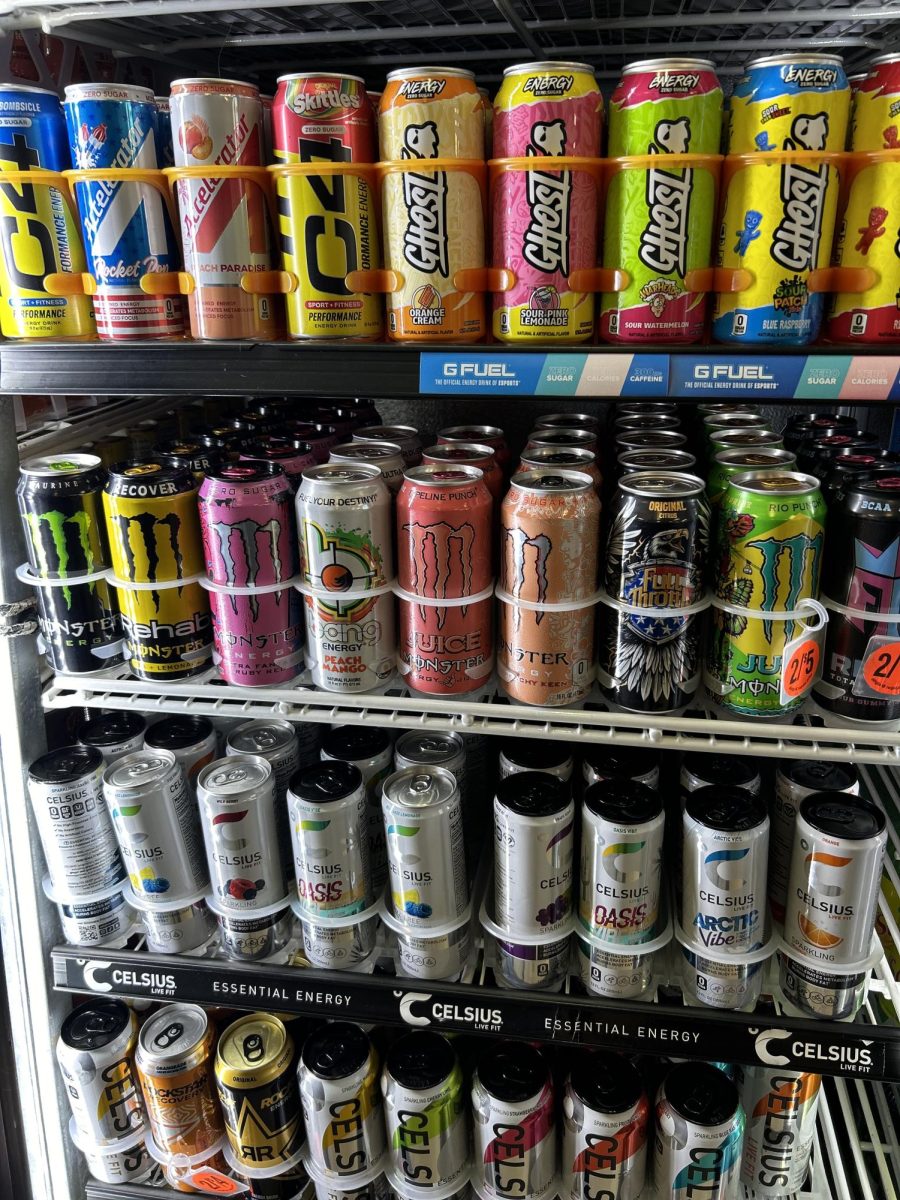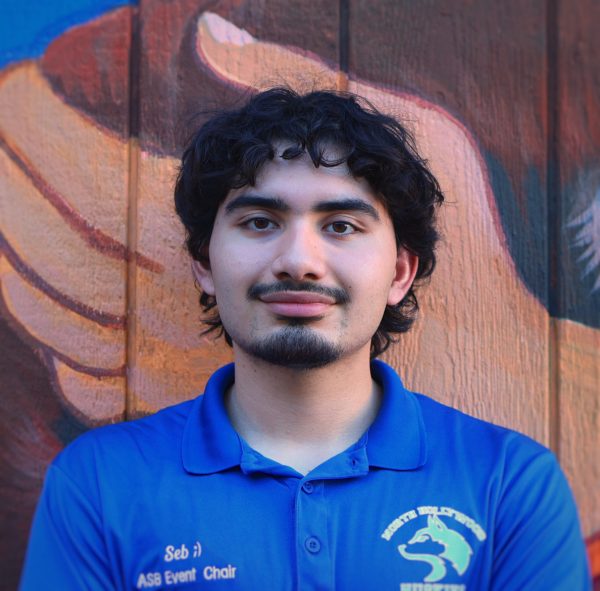Caffeine is widely consumed throughout the world, and North Hollywood High School is no exception. To some, it’s a refreshing stimulant to get them through the day. But to others, it’s a harmful and addictive health risk.
It is known that caffeine raises energy levels as a stimulant, but there is discussion that it may cause harm. That poses the question: should students be consuming large amounts of caffeine?
Caffeine is highly studied, and it has been proven that it doesn’t serve as big of a threat as many people think. As long as people don’t exceed 400 mg, there will be little to no negative effects, and people should not have to worry about their consumption of caffeine.
Unfortunately, a large number of students in North Hollywood consume more caffeine than what is normally recommended, and continue to consume caffeine almost daily.

Brenna Reily, a student at North Hollywood, says that “I consume a lot; almost four cups of coffee, and I’m still always tired.”
When asked about their response to it, Reily responded, “The feeling is usually tired and shaky.”
Ariel Santos, a senior, had his own opinions about caffeine, “I don’t really drink coffee or anything like that, but my friend is a coffee connoisseur; he drinks a lot. It makes me think that he’s addicted to it already.”
When people consume large amounts of caffeine, it causes them to experience unpleasant side effects, such as feeling jittery, anxious, or having heart palpitations. When people consume enough caffeine, they start to build an addiction to it and it’s harder for them to realize that caffeine is the problem.
Many students consume caffeine in a variety of ways, whether it be in coffee, energy drinks, or even sodas. As they continue to intake caffeine in these ways, it creates a tolerance for it and students end up consuming more caffeine than recommended, leading to the negative effects.
Horacio Mendoza, a senior, recounts his experience drinking coffee. “I drink coffee sometimes. I don’t feel it much at the time, but I can’t really sleep and my heart beats faster.”
Elias Fenig, states “It doesn’t work on me, so I’m not sure how it helps others, but generally, it’s good to try and do things that make you dependent .”
Just because they have a tolerance for caffeine or even an addiction to it, doesn’t mean it’s too late. They can slowly start to limit the amount of caffeine they consume and eventually stop, so that way the body doesn’t have as much of a tolerance anymore. In the end, the best way to see the best results in lowering the negative effects of caffeine is to stop consuming as much caffeine.
Sources
https://www.heart.org/en/news/2022/08/08/is-caffeine-a-friend-or-foe
https://www.hsph.harvard.edu/nutritionsource/food-features/coffee/
https://www.rush.edu/news/health-benefits-coffee
https://www.fda.gov/consumers/consumer-updates/spilling-beans-how-much-caffeine-too-much














